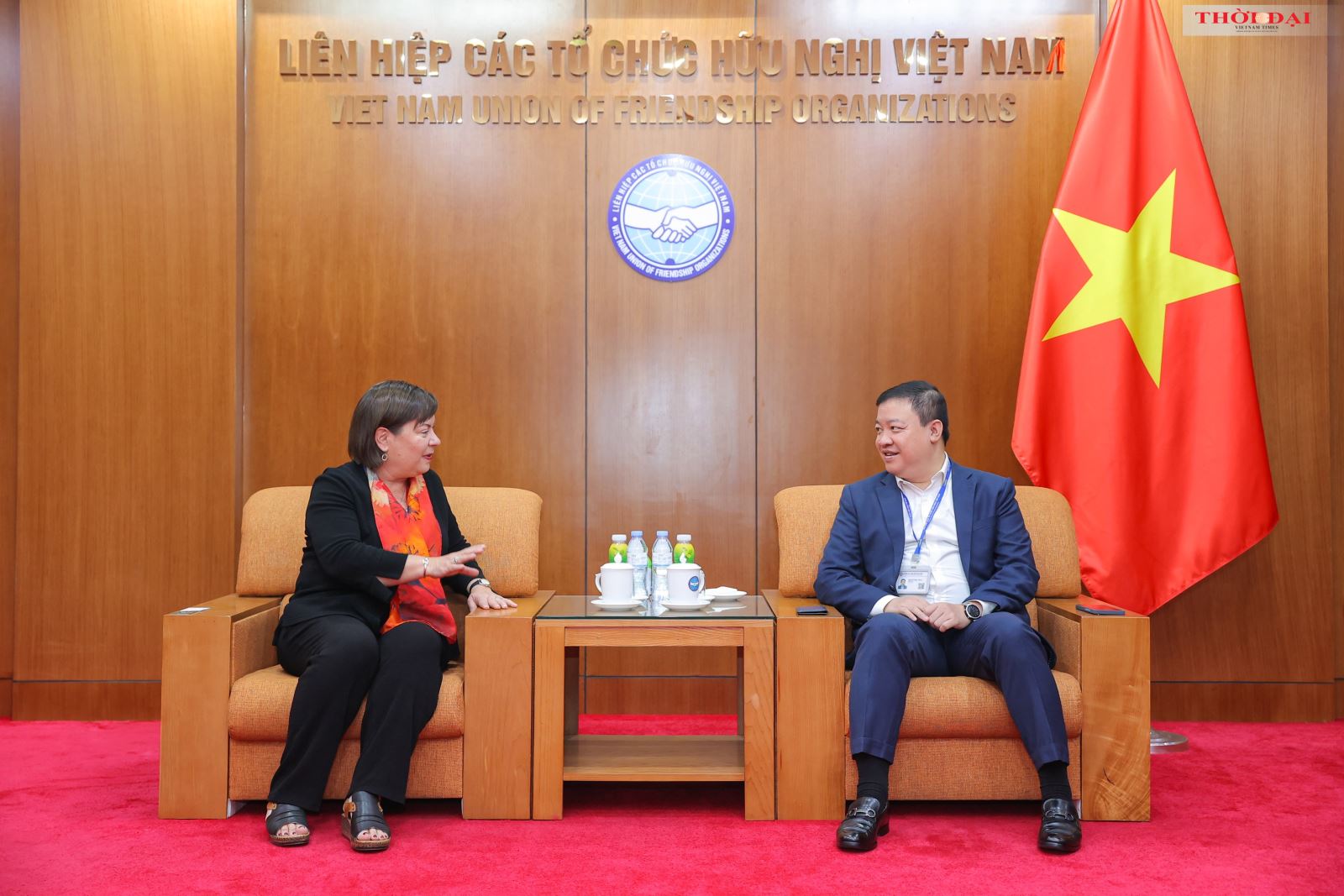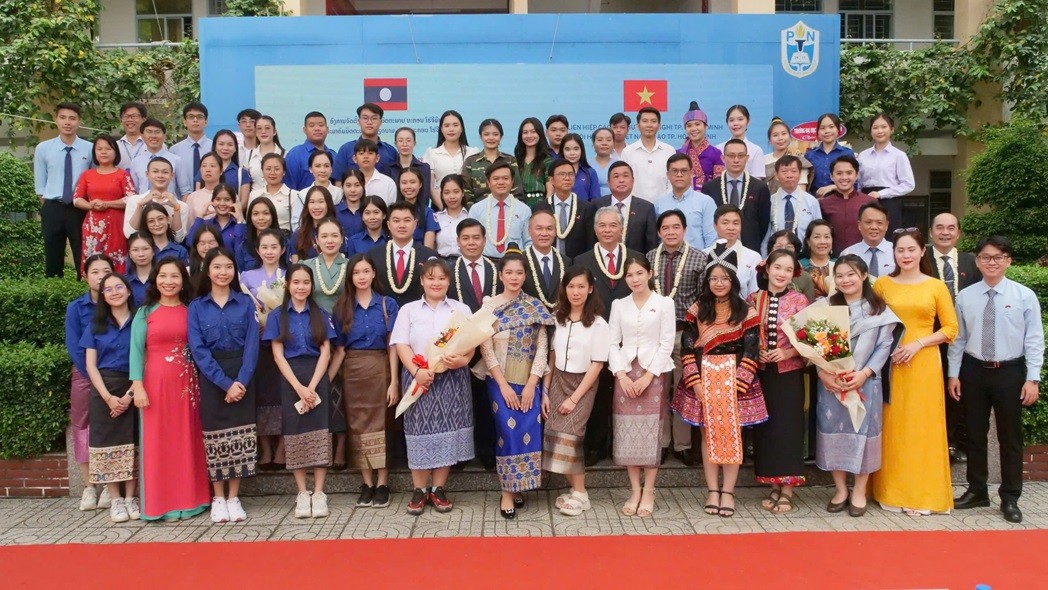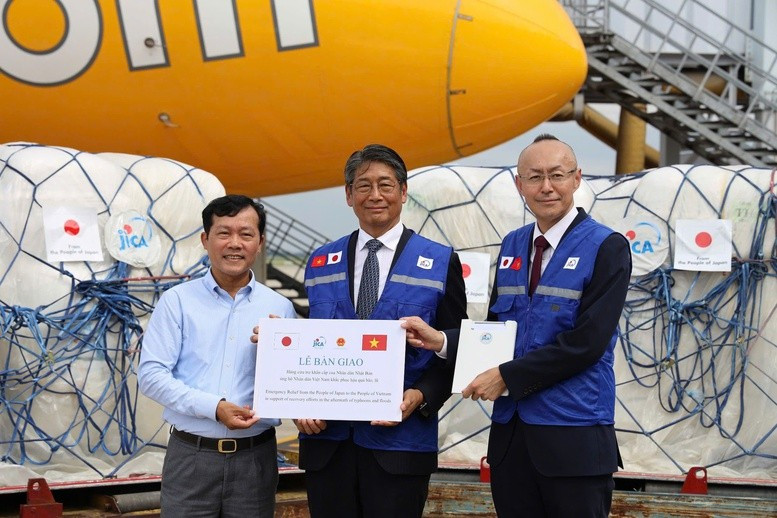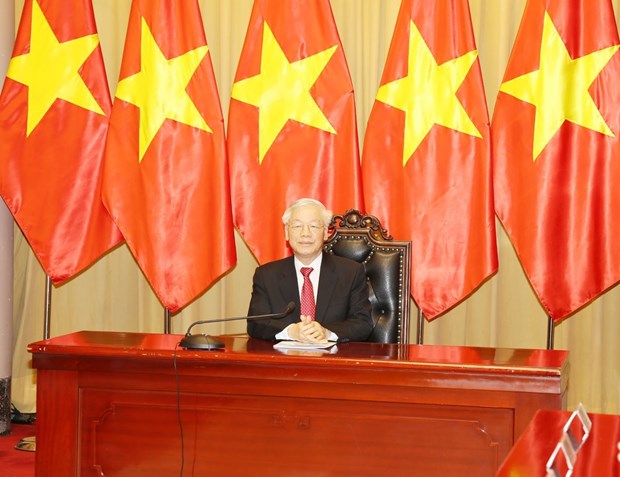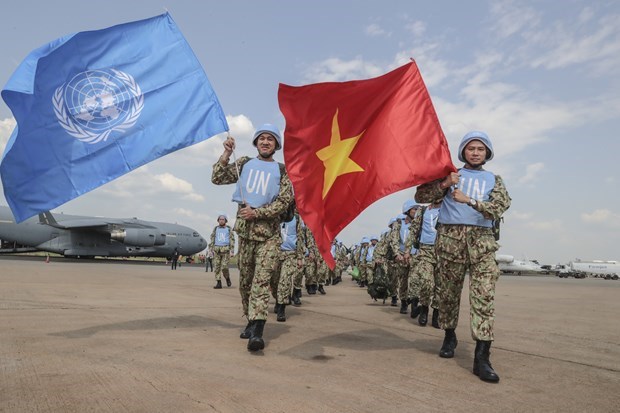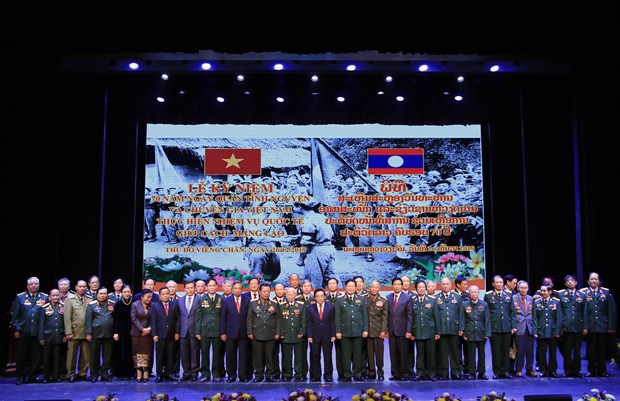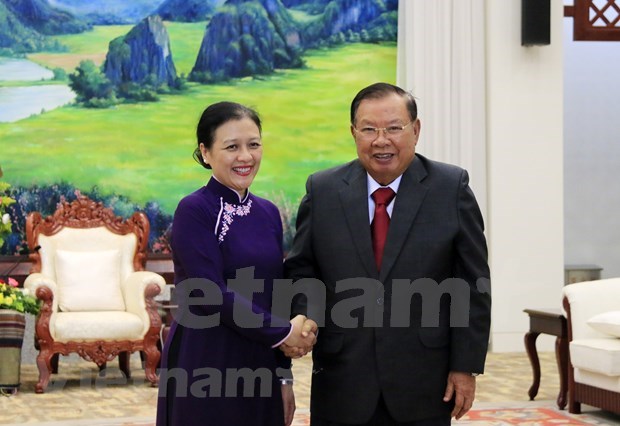
Deputy Prime Minister and Minister of Foreign Affairs Pham Binh Minh (Photo: VNA)
While the world saw profound instability in 2019, the Pacific – Asia region proved to be the leading region in terms of economic integration, Deputy Prime Minister and Minister of Foreign Affairs Pham Binh Minh has said.
Writing on the achievements of Vietnam’s diplomacy sector in 2019 as the year ended, Minh said while the global economy has slowed and conflict between globalisation and protectionism has become fiercer, the Association of South East Asia Nations (ASEAN) has stayed self-reliant and proved its important role in the policies of many major countries.
For Vietnam, 2019 was a year with many achievements of the diplomatic sector in implementing the Party’s policies on international integration and economic diplomacy.
The country effectively implemented the Comprehensive and Progressive Agreement for Trans-Pacific Partnership (CPTPP). After just a year in operation, the first new generation FTA in the world has helped Vietnam's export turnover to CPTPP members such as Japan, Canada and Mexico increase significantly compared to 2018.
Vietnam officially signed the European Union-Vietnam Free Trade Agreement (EVFTA) and the European Union-Vietnam Investment Protection Agreement (IPA) and completed negotiations of the Regional Comprehensive Economic Partnership Agreement (RCEP).
The Global Competitiveness Index (GCI) 2019, issued by the World Economic Forum (WEF), revealed Vietnam had jumped 10 places from last year to 67, making it the most improved country of 2019.
Foreign direct investment (FDI) pledged to Vietnam reached 38.02 billion USD this year, marking a 10-year high and representing a year-on-year increase of 7.2 percent. Vietnam also welcomed more than 18 million international tourists in 2019.
Besides economic integration, integration in politics - diplomacy, defence - security and culture - society was also strongly promoted.
Vietnam participated in joint maritime exercises for the first time with the US in the framework of ASEAN, signed a Framework Participation Agreement with the European Union that will facilitate Vietnam’s contribution to the EU's Common Security and Defence Policy (CSDP) missions and operations, and ratified Convention No 98 of the International Labour Organisation (ILO).
The country sent the second level-2 field hospital to join the UN Peacekeeping Mission in South Sudan after the first level-2 field hospital successfully completed its mission.
Achieving the second position at the 30th Southeast Asian Games in the Philippines recently and other outstanding achievements also confirmed Vietnam's new position in the regional and international sports map.
The country's achievements in multilateral relations in 2019 also boosted its growing international status.
Early this year, Vietnam hosted the second summit between the Democratic People’s Republic of Korea (DPRK) and the US, a move highly praised by the international community for efforts to contribute to peace in the world.
Winning 192 out of 193 votes on June 7, Vietnam became a non-permanent member of the UN Security Council for the 2020-2021 term. This will be the second time that the country has held this post, demonstrating its wish to contribute to world security and peace and proving Vietnam is a responsible member of the UN.
In terms of bilateral relations, Vietnam maintained stable and positive relations with all countries. Leaders of the Party, State, Government and National Assembly made 17 visits abroad and received 22 high-ranking delegations paying visits to Vietnam, which helped gain important outcomes with partners.
To date, Vietnam has established a network of 30 strategic partners and comprehensive partners.
The diplomatic sector contributed effectively to defending the nation's sovereignty and territorial integrity, both on land and at sea. Vietnam and Cambodia have signed and ratified two legal documents recognising 84 percent of demarcation results, creating an important foundation to build a border of peace and development.
In the most complicated and serious situation in the East Sea in the past five years, Vietnam properly assessed the situation, gave prompt reactions and dealt with the situation strongly to defend the country’s sovereignty, territorial integrity, legitimate rights and interests.
At the same time, Vietnam has also been working with ASEAN members and partners to build a Code of Conduct in the East Sea (COC) in accordance with international law.
The year 2020 has a very important meaning, when Vietnam prepares for the Socio-Economic Development Strategy from 2021 to 2030 and celebrates 90 years of the establishment of the Communist Party of Vietnam, 75 years of the country’s establishment and 130 years of late President Ho Chi Minh’s birthday.
It is also important because Vietnam will take on the Chair of ASEAN 2020 and non-permanent member of the United Nations Security Council for the 2020-2021 term, holding the two responsibilities together for the first time.
This will be an opportunity for Vietnam to take advantage of bilateral relations with other countries, creating new impetus for enhancing the role and position of the country.
With the theme 'Cohesive and Responsive' for the ASEAN Chairmanship 2020, and 'Vietnam: Trusted Partnership for Peace and Sustainability' as the non-permanent member of the UN Security Council, Vietnam will work with international friends and partners to foster multilateralism, the rule of law and enhance the ASEAN’s centrality role in the regional structure, and further enhance cooperation between the ASEAN and the UN.
With that spirit in mind, Vietnam will work to affirm its important bridging role between the ASEAN and the UN, contributing to the cause of promoting peace, cooperation and development in the region and in the world./.
T.h / VNA

